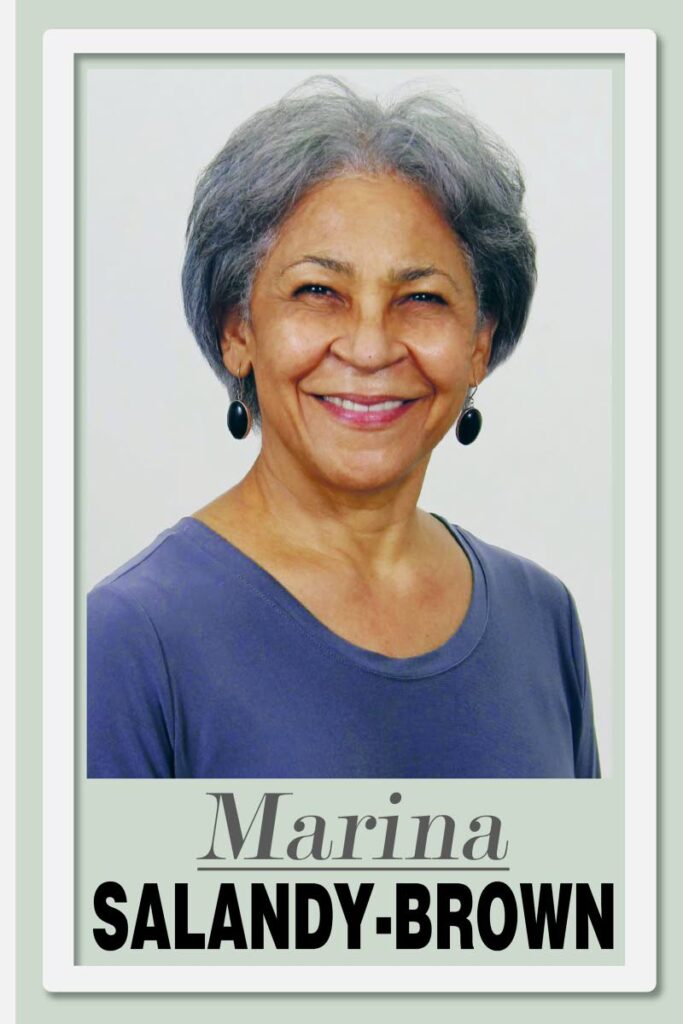Poor old Auntie

Last week in this column I discussed the defamation lawsuit being brought against Fox News by the makers of the electoral voting system that Mr Trump alleges succeeded in stealing the last US presidential election from him.
That column considered the degree of power media owners can exercise over the journalists they employ and the role of the profit motive in directing the editorial policy of a broadcasting company.
The Fox News story is one of deep cynicism. The billionaire Fox News owner Rupert Murdoch, his senior executives and even their most rightwing presenter allege, according to reports, that they all knew Trump was wrong, but they went along with his charges because they did not want to lose the valuable viewing patronage of Trump supporters.
The media mogul even said he thought that Fox News presenters went too far in defending the former president.
The TV channel seems to have been prepared to collude in undermining one of the cornerstones of US democracy – free and fair elections – and bringing wrack and ruin to American society rather than forego a fall in revenue.
There is no reason the media should be immune from hard financial considerations; after all, they are businesses with huge overheads in very crowded markets.
However, they essentially perform a public good and have great influence over society, and are considered the fourth estate because of it.
The mistake is ours, though, if we automatically assume that the interests of the media, and its owners in particular, are the same as those of society or the individual.
Most countries have watchdogs which enforce broadcasting codes and grant operating licences. How strict those are depend on how liberal a society is, but those measures are intended, basically, to manage the inherent tensions between profit, self-interest, the public good and the raison d’etre of the broadcast media.
The press in most liberal democracies, however, have no laws of conduct, outside avoiding libel and contempt, since they are neither state-owned nor need a licence to operate. Media houses lay down their own rules and guidelines, and the ethics of journalism are derived from the standards that are broadly understood by the members of that profession.
Journalism was once not considered a profession or a steady career, since there was no career path, nor was it an area of academic study. That has changed significantly with the proliferation of tertiary and advanced university study of the media, the establishment of professional bodies, and the freeing up of the media space enabled by the availability of cheap new technologies, but tensions in the relationship between the media, their owners, their practitioners and their consumers are always present.
Events last weekend at the BBC revealed how complex the relationship really is. They also showed that the scourge of a national broadcaster is not the profit motive but political interference.
The BBC is in a specific bind compared to any broadcaster in TT or the USA. It is not allowed to raise cash from advertising, since it is believed that such trading would influence impartiality, which seems to be the case in the brewing Fox defamation suit.
The 100-year-old Auntie BBC (as she is fondly known) is funded via successive ten-year government charters that dictate how much the BBC can charge each household that has a TV set – known as a licence fee. It means that the British public own and fund the BBC. Therefore they can exercise enormous power over the organisation.
Each ruling government, for its part, believes that it has the right, as charter grantors, to exercise authority over the BBC.
The Tories are very devout in this belief and always appoint chairmen who guarantee to do their bidding. The current chairman is being accused of Tory nepotism because he is a friend of ex-PM Boris Johnson, whom he helped to secure a large mortgage.
That the BBC found itself in hot water last weekend shows the danger of that sort of political subversiveness which is every bit as dangerous as the Murdoch-Fox News cynicism.
The star Gary Lineker presents the BBC’s biggest football programmes and is its top earner. He had tweeted a criticism of what he considers the incumbent government’s heartless policy on illegal migrants.
The BBC decided he had violated its rules by expressing political views, even though he is a sports (not news) freelance (not staff) presenter, and while not on a BBC platform. The BBC took him off air.
The Left, regarded as the side of the workers, perceived it as the BBC bowing to the corrupt, right-wing Tory government, and Lineker’s fellow freelancers abandoned ship and threatened to leave permanently if he was sacked. The BBC reinstated Lineker.
TV and radio presenters as licence-fee payers have some individual power over the BBC too. They may also, by association only, represent elements of British society, and can bring pressure to bear, as Lineker unintentionally proved.
Government pressure on the BBC led to the tightening of the rules that are now unenforceable. They have succeeded in undermining the national broadcaster.


Comments
"Poor old Auntie"